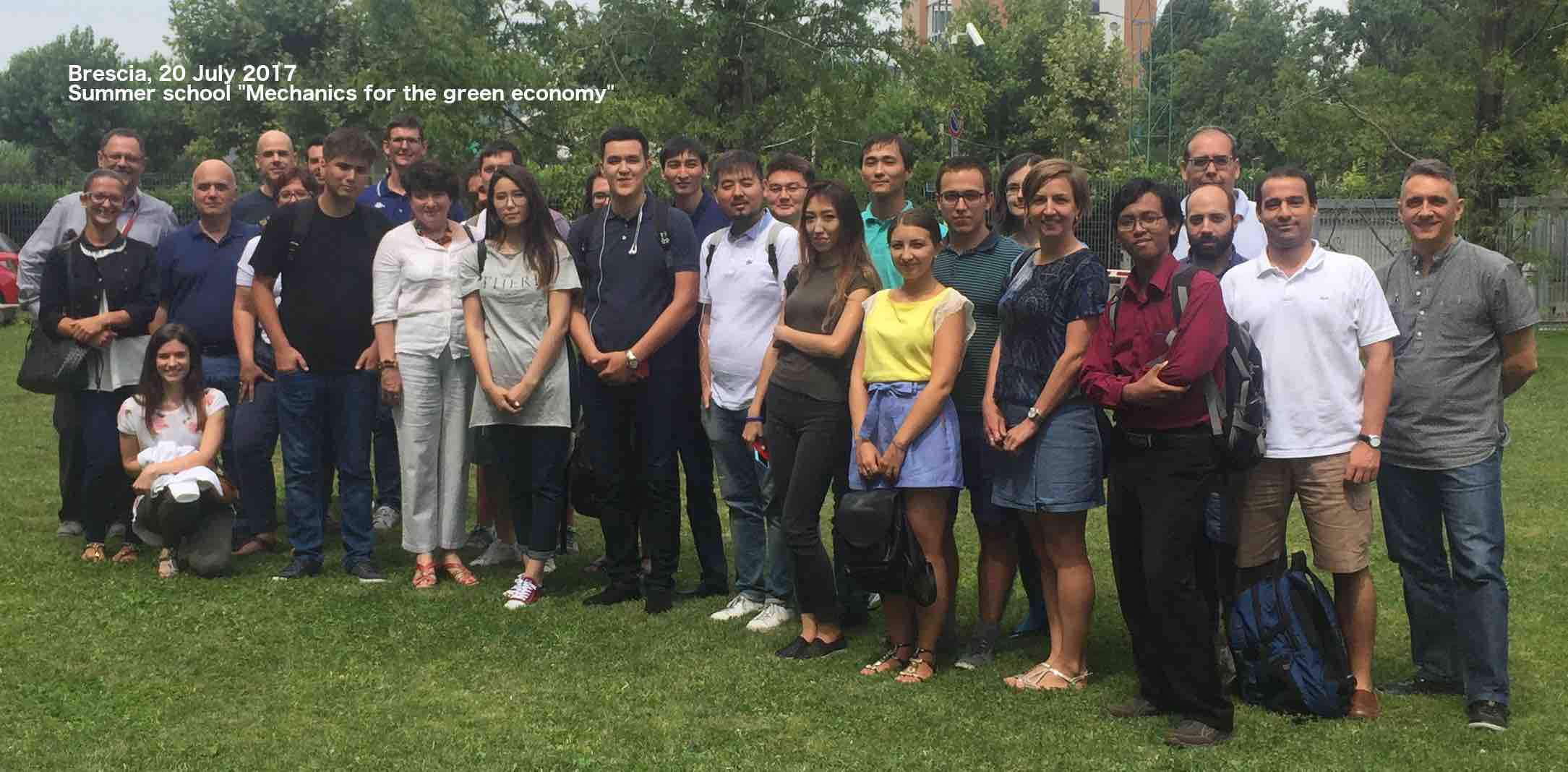

We want to inspire creativity and connectedness in ourselves and our students; we want to do a little bit of social good, and we want to have fun doing it. And in the office, we want to create an environment where people treated each other just a little bit better, just a little bit more respect and consideration than in the outside world. And we continue to iterate and collaborate and find solutions to create things that hadn't been seen.
Over time, I've come to identify the optimal conditions for these types of creative and innovative environments are clear intent, purpose and passion: this is working on something bigger than ourselves. Personal integrity: it's doing what we say we're going to do. It's being our authentic self in all interactions. Direct communication and clear expectations, even when the subject matter is difficult.
Grit and perseverance: iteration, iteration, iteration. We establish collaborative teams. Instill deep trust and mutual respect. Everyone on our team is in. There is no out club. We rise as a team, we fall as a team, and decisions are decisions until they're not. We embrace multiple perspectives. All voices matter, all emotions matter. We address disagreements head-on. People feel seen and heard.
Take risks and celebrate mistakes. A commitment to being a learning organization, always trying to spiral upwards the innovation and learning curves.
And speak in one voice. This is perhaps the glue that holds all these conditions together. The concept is that we speak in the exact same manner about someone who's not in the room as if they are in the room. Now this seems basic, but it's an aspirational practice that helps deal with difficult situations in a more respectful way. Sewing this practice in can have a profound effect on raising the bar, on mutual respect, trust, reducing gossip and politics in the office and the classroom, and thus reducing the noise that gets in the way of the innovative process.
My contention is that creativity now is as important in education as literacy, and we should treat it with the same status. ... I don't mean to say that being wrong is the same thing as being creative. What we do know is, if you're not prepared to be wrong, you'll never come up with anything original.
After several more years of teaching, I came to the conclusion that what we need in education is a much better understanding of students and learning from a motivational perspective, from a psychological perspective. In education, the one thing we know how to measure best is IQ. But what if doing well in school and in life depends on much more than your ability to learn quickly and easily?
